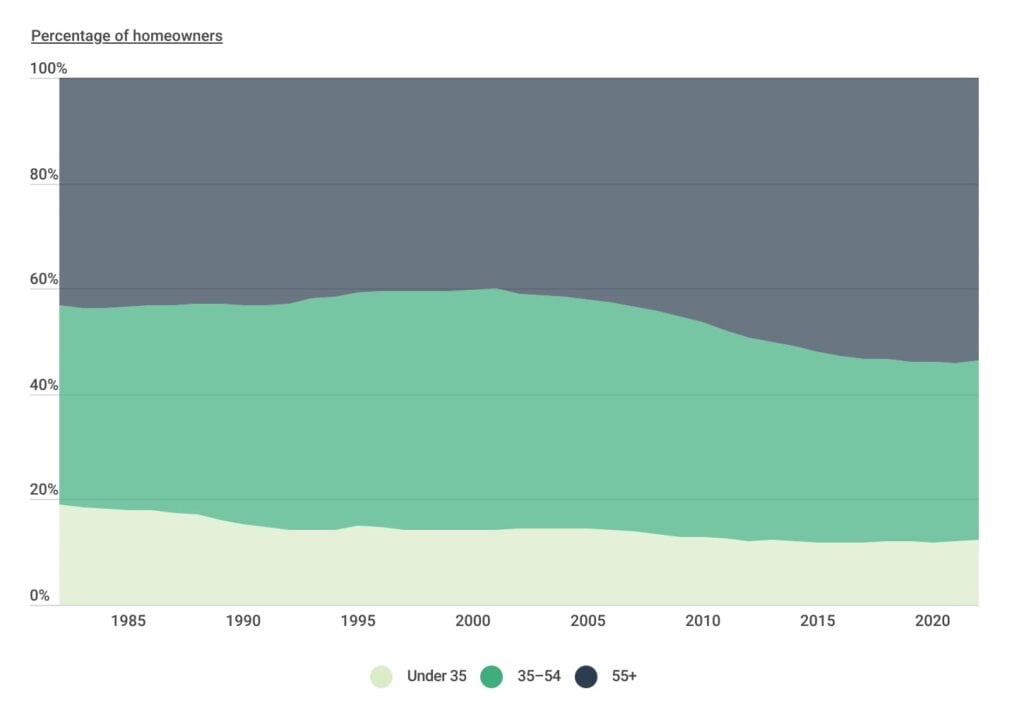For youth wanting to strike out on their own with real estate, the Los Angeles metro area may not be the best option, according to recent data. Reports have shown that buying a home has grown increasingly difficult for Generation Z, those aged 25 and younger, due to negative economic factors like inflation and high mortgage rates.
According to Point 2 Homes, recent Census data shows that the percentage of Generation Z householders that actually own their own home is less than 17%, despite making up 21% of the United States population.
In Point 2 Homes’ analysis of 100 major U.S. cities, Generation Z homeownership feasibility was ranked on several metrics, such as inventory of housing options, median sale price of homes as of 2023, and a home price-to-income ratio that depicts how many household incomes of those 25 and younger would be needed to reach median home price in a market. Out of the 100, Los Angeles was ranked sixth-toughest, with a home price-to-income ratio of 22.1. This means that the median Los Angeles home price is over 22 times the average Generation Z income. For Los Angeles, just 5.6% of homeowners were determined to be in the group.
The city joins several California contemporaries on the list, with Fremont (#1), San Diego (#2), San Jose (#4), Riverside (#5), Sacramento (#7) and Chula Vista (#8) also proving incredibly difficult for aspiring younger homeowners.

Credit: Construction Coverage
Part of the issue is home inventory being taken up by the Baby Boomer generation (those born from 1946-1964), which also impacts millennials and Generation X residents. A report by Construction Coverage covering U.S. locations with the most baby boomer-dominant housing markets showed that the generation accounts for 39% of homeowners in the Los Angeles-Long Beach-Anaheim metro area. This is the sixth-most dominated housing market among all large U.S. metro areas, with 39% homeowners in the age range despite making up 18.9% of the metro’s population.
Other California metros are susceptible to this issue, with 46% of homes in the Santa Maria-Santa Barbara area owned by baby boomers, along with the generation owning 42.4% of homes in Oxnard-Thousand Oaks-Ventura. The trend is national, according to the Construction Coverage data, with boomers owning 38% of homes nationwide despite comprising just over 20% of the U.S. population.
The share of homeowners in this age range has been steadily increasing, according to Census data, and these homeowners are planning to keep their inventory off of the market. A 2021 survey conducted by AARP stated that 77% of U.S. residents over the age of 50 would prefer to remain in their current home over moving in with family, moving to a nursing home or moving to an assisted living facility.
Another hindrance for Generation Z is living costs, with a 2023 survey from Bank America stating that 53% of the generation cites high cost of living as a barrier to financial success, and that 73% have changed spending habits recently. Similarly, a Deloitte survey released in 2023 saw 51% of 14,500 Generation Z members surveyed living paycheck to paycheck.








